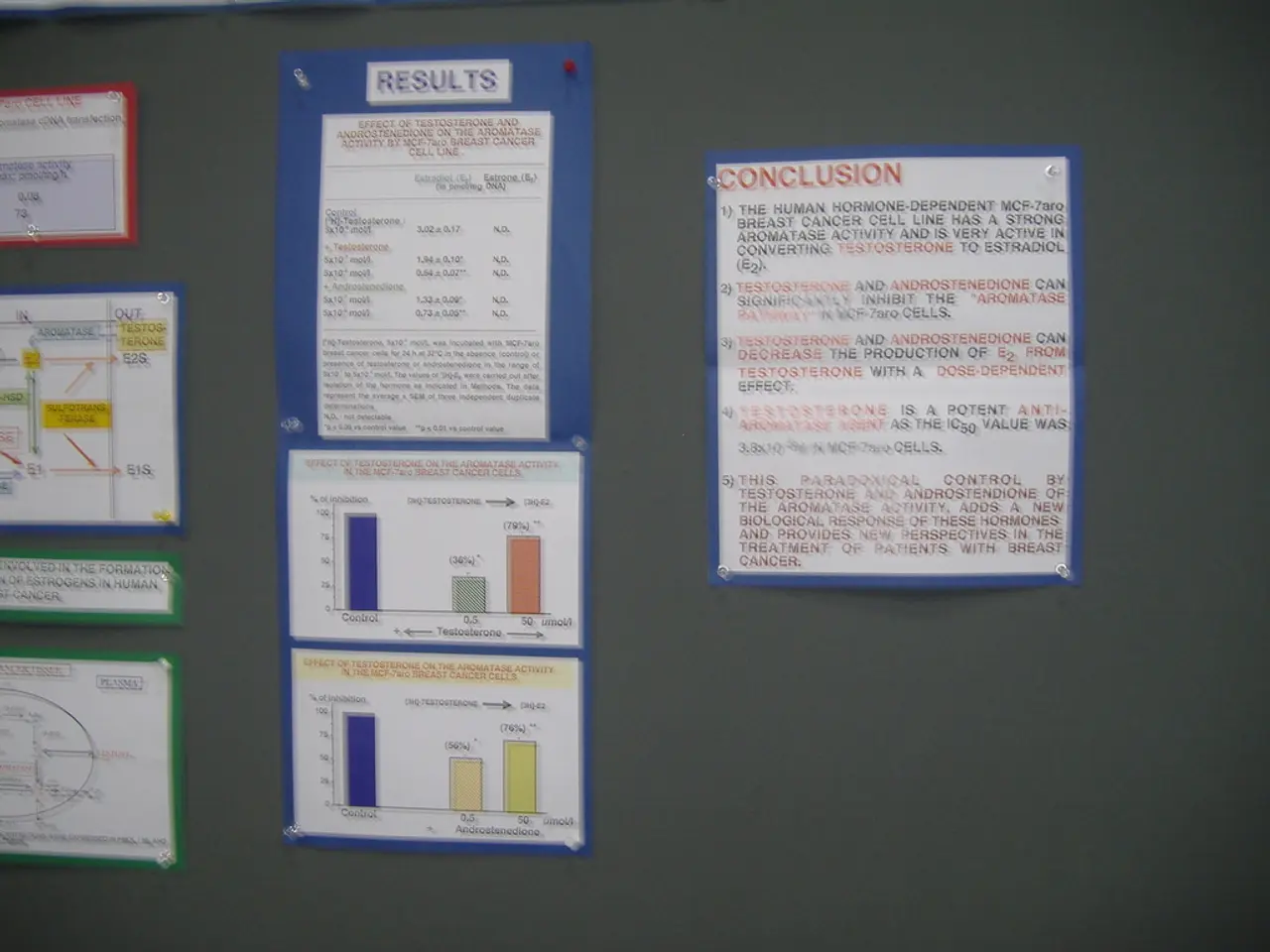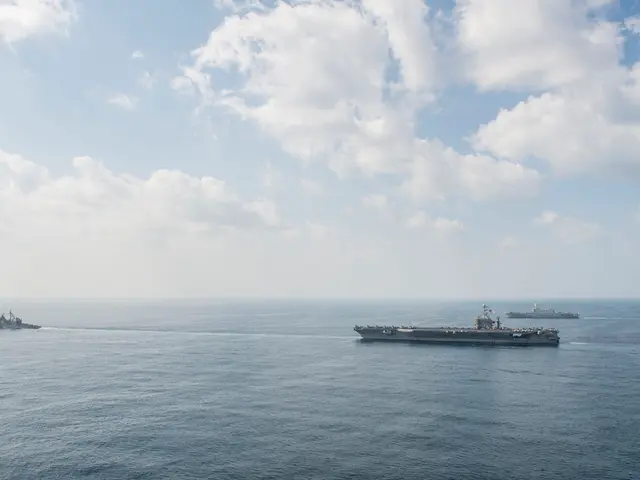Zelensky skips the Alaska meeting, instead leaving behind a message: Relinquishing what's left of Donbas is not an option.
The ongoing Ukraine conflict, a matter of concern for international journalists, has once again taken centre stage as the American and Russian heads of state meet today. The Ukraine war, currently in its throes, remains unresolved, with expectations for a resolution from this meeting being low.
The common stance of Ukraine, European allies, and the United States on the war in Ukraine centres on continued support for Ukraine’s sovereignty, rejection of Russia’s veto demands over Ukrainian security guarantees, and pursuit of a peace deal that requires concessions from both Russia and Ukraine—with an emphasis that Ukraine must decide the terms.
Key points include:
- The Kremlin demands Russia have a veto over any Western security guarantees for Ukraine, based on an Istanbul 2022 framework, which Ukraine, the US, and Europe oppose because it would leave Ukraine vulnerable to future Russian threats.
- US officials recognize that Putin has not offered sufficient concessions to reach a just peace agreement and stress that both Russia and Ukraine need to make concessions for peace; any one-sided concessions would amount to surrender, not peace.
- The US stance, emphasized by Secretary of State Marco Rubio and conveyed by European leaders, is that the United States supports security guarantees for Ukraine involving European allies, possibly via arrangements akin to NATO's Article 5 collective defense principle, though without formal NATO membership for Ukraine.
- Ukraine maintains that it will not withdraw from key contested territories like the Donbass, which Russia continues to aggressively pursue. This is a major sticking point in diplomacy.
- President Trump, during meetings with Putin, has pushed for a lasting peace agreement, marking a shift from earlier calls for an immediate ceasefire, but Russia has so far refused to engage bilaterally with Ukraine on a timeline proposed by the US.
Western sanctions on Russia remain in place, with an understanding by US officials that harsher sanctions might halt peace talks and prolong the conflict.
In summary, Ukraine, together with its European and US allies, remains firm on a peace outcome that preserves Ukrainian sovereignty, requires mutual concessions, and includes strong security guarantees without granting Russia veto power over Ukraine’s defense decisions.
Meanwhile, the President of Ukraine and his European allies have found a common stance: no decision on the war is valid without Kiev's approval. The stance of the European allies regarding the Ukraine war is that no decision is valid without Kiev's approval. This shared position underscores the unity of Ukraine's allies in their support for the country's sovereignty and self-determination.
Ana França, an international section journalist, is closely following the developments in this complex and evolving situation.
Ana França, an international section journalist, is not only covering the Ukraine conflict, a matter of general news and international concern, but also the politics surrounding war-and-conflicts between Ukraine, its European allies, and Russia. Her reports will likely include the ongoing negotiations between American and Russian heads of state, the Kremlin's demands for a veto over Western security guarantees, and the unified stance of Ukraine's allies in support of the country's sovereignty and self-determination.






